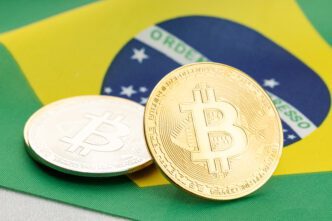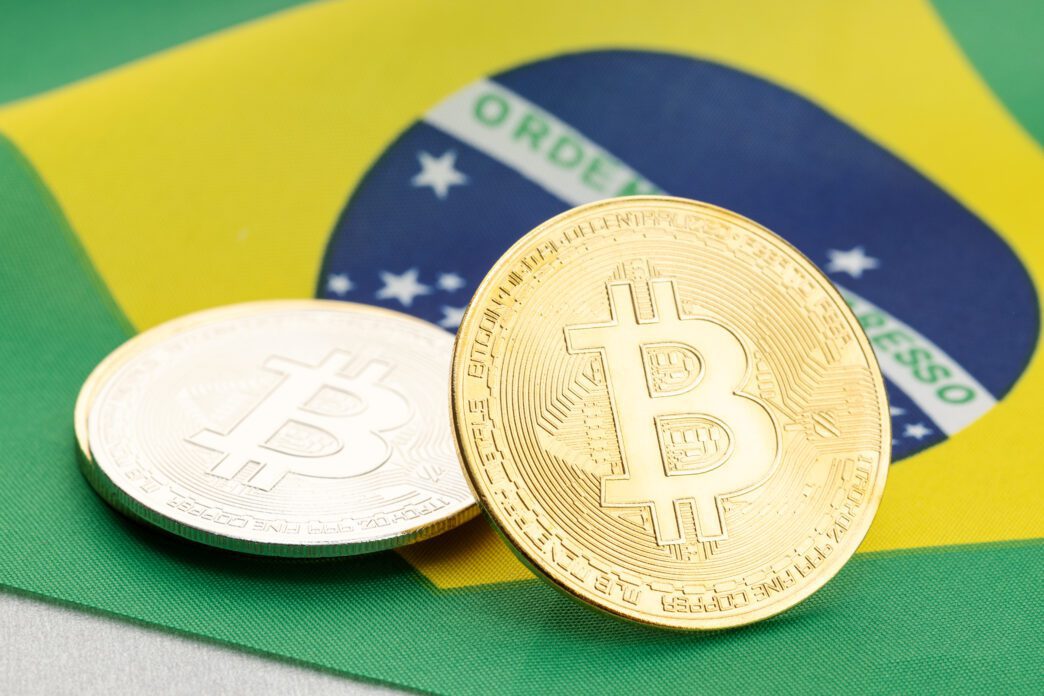Executive Summary
The Story So Far
Why This Matters
Who Thinks What?
Brazil’s government and central bank have introduced new legislative and regulatory proposals aimed at curbing the criminal use of cryptocurrencies, particularly stablecoins. Announced this month, these measures seek to enhance oversight of virtual asset service providers and grant authorities the power to seize digital assets during investigations. This dual approach underscores Brazil’s commitment to addressing concerns over money laundering and opaque transactions within its rapidly growing digital asset market.
Regulatory Proposals Unveiled
The central bank’s proposed rule, issued on Monday, mandates authorization requirements for currency exchanges, including crypto trading platforms. It specifies that any purchase, sale, or exchange of virtual assets pegged to fiat currency will now be classified as a foreign exchange operation. This move, documented in BCB Resolution 521, aims to bring virtual asset service providers (VAPs) under the purview of foreign exchange and international capital market operations.
Concurrently, President Luiz Inácio Lula da Silva has forwarded a bill to the country’s congress that would enable law enforcement to seize property, including “virtual assets,” during criminal investigations. The proposed legislation stipulates that seized digital assets would be converted into national currency. This bill is currently awaiting congressional approval.
Addressing Stablecoin Use and Market Growth
These initiatives follow earlier concerns raised by Brazil’s central bank President Gabriel Galipolo regarding the traceability of stablecoin use. In February, Galipolo highlighted that crypto transactions often maintain an “opaque vision for taxation or for money laundering.” Stablecoins are digital tokens designed to maintain a stable value, typically pegged to fiat currencies like the U.S. dollar, facilitating quick and efficient transactions.
Despite these regulatory efforts, Brazil stands as Latin America’s largest digital asset market, boasting the highest number of crypto exchange-traded funds (ETFs) in the region. These ETFs track major cryptocurrencies such as Bitcoin, Ethereum, and Solana. A high-ranking official within the current administration also previously suggested that a strategic Bitcoin reserve could be “determinant for our prosperity.”
Outlook on Digital Asset Regulation
Brazil’s recent legislative and regulatory pushes signal a concerted effort to establish a more controlled environment for digital assets. By tightening oversight on stablecoins and empowering asset seizure, the nation aims to balance its burgeoning crypto market with robust anti-money laundering and taxation frameworks.







